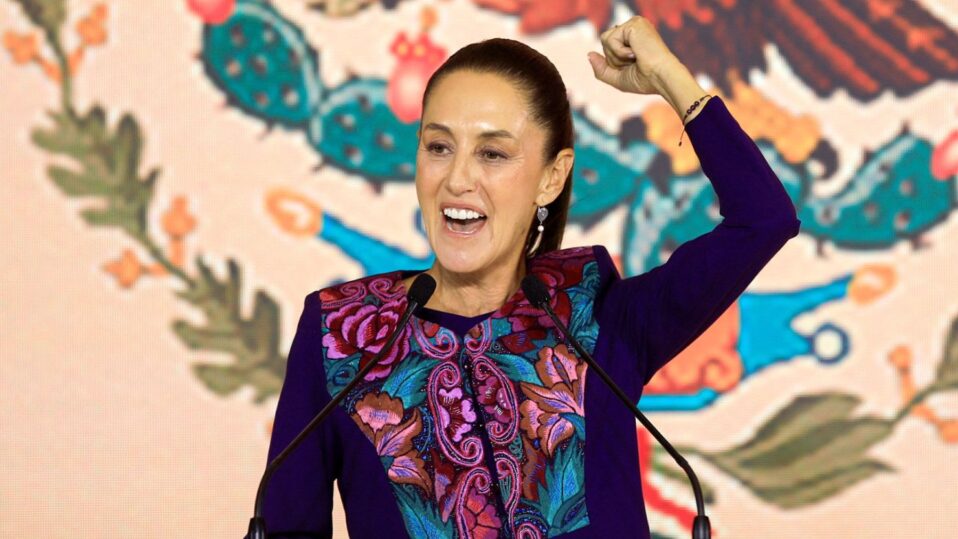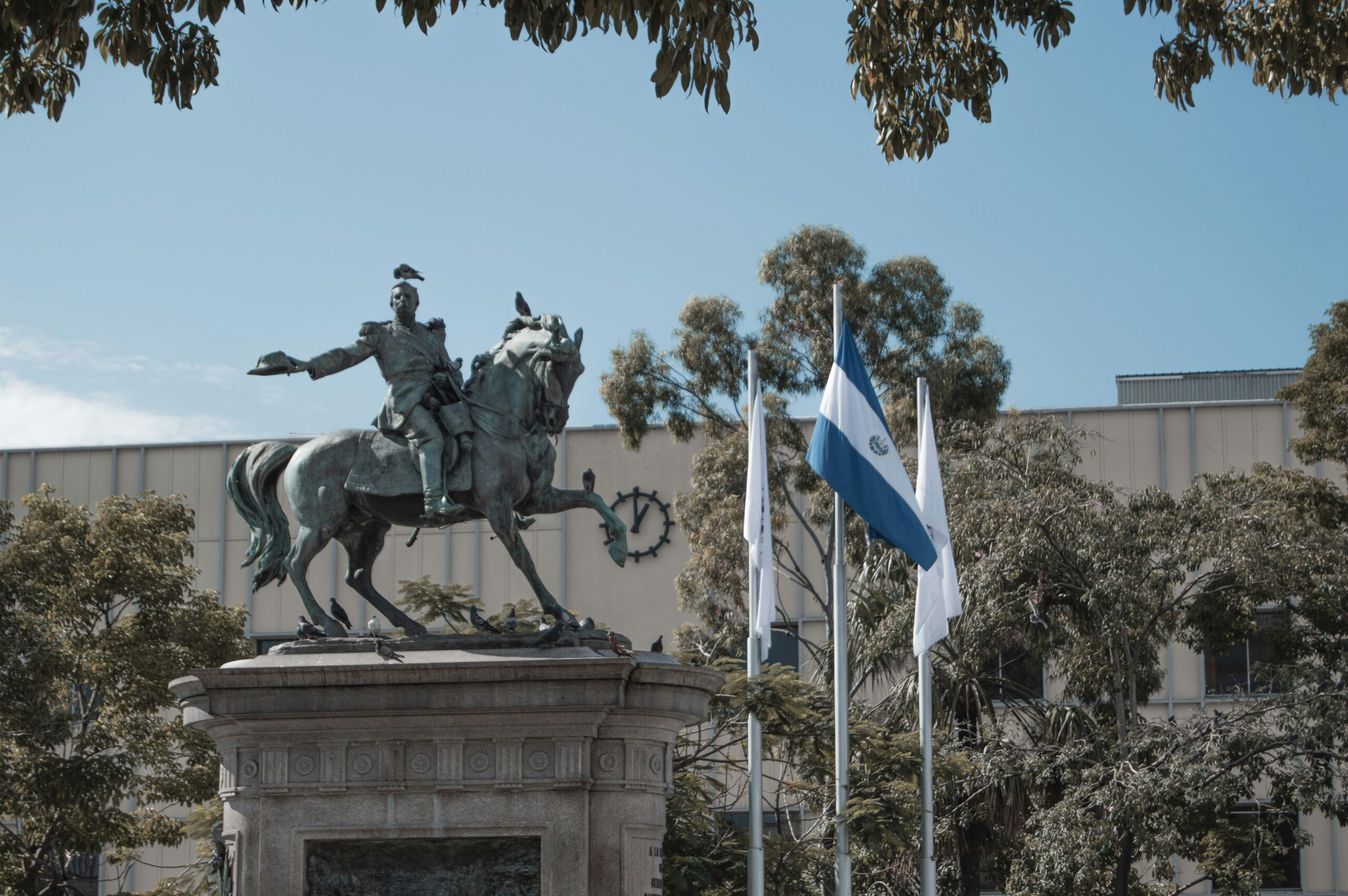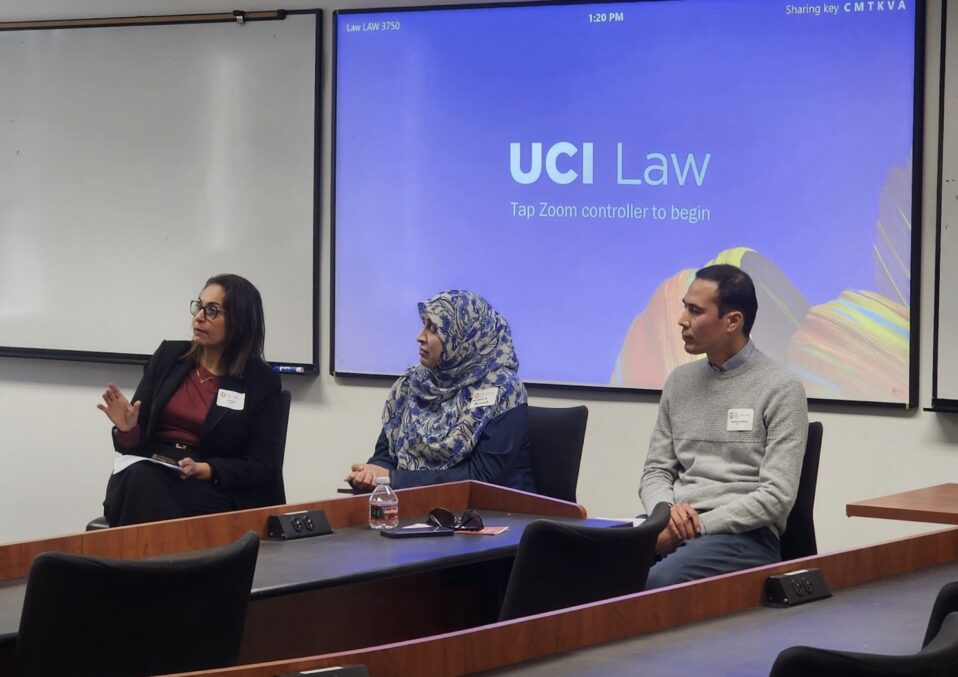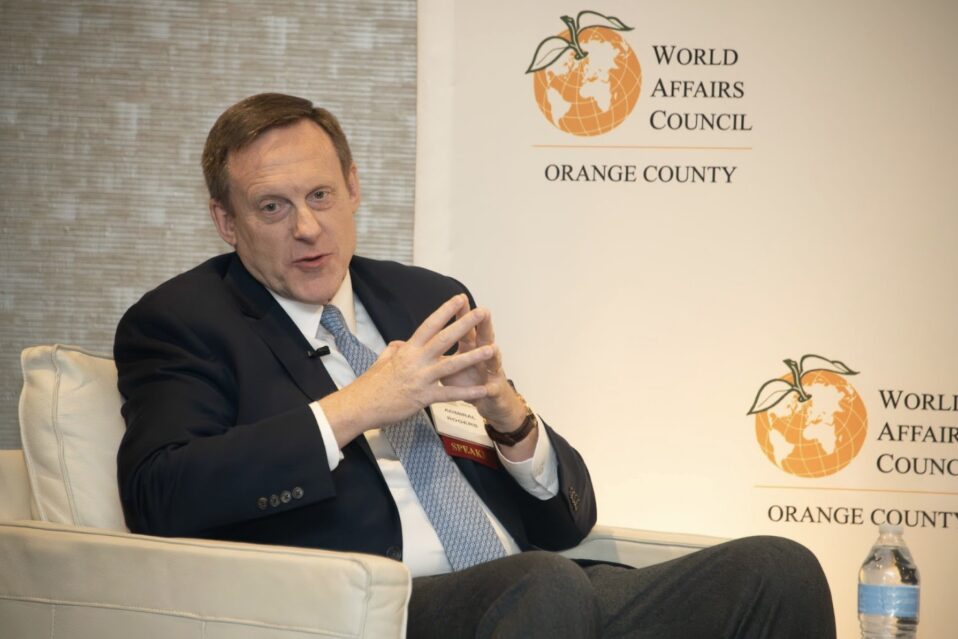From Reuters, “‘for the first time in the 200 years of the republic I will become the first woman president of Mexico,’ Sheinbaum told supporters to loud cheers of ‘president, president.’”
Since 1960, 77 women have held the most powerful positions of executive power in 59 countries; 28 of those women served as the official Head of State or Head of Government for their country (UN Women). On June 3, Mexico made history by becoming the 60th UN Member State to elect a female as the head of government, making President Claudia Sheinbaum the first female president of Mexico and 29th woman to hold the head of government seat in world history. Not only did Sheinbaum win the presidency in a landslide with about 60% of the vote, but Reuters stated that this is “set to be the highest vote percentage in Mexico’s democratic history.”
Who is Claudia Sheinbaum?
Claudia Sheinbaum was born in Mexico City on June 24, 1962. She is the daughter of biologist and professor, Annie Pardo Cemo, and chemical engineer, Carlos Sheinbaum. She earned her Ph.D. in energy engineering from Universidad Nacional Autónoma de México (National Autonomous University of Mexico).
As a climate scientist and physicist, Sheinbaum worked in environmental policy serving as the Minister of the Environment for Mexico City. She also contributed to assessment reports for the UN’s Intergovernmental Panel on Climate Change, one of which helped the IPCC win the Nobel Peace Prize.
During her time as mayor of Mexico City, her administration focused on waste management reform and began a reforestation program. She also took it upon herself to change the city’s subway system in order to invest in the modernization of currently-dilapidated infrastructure.
Now as president, Sheinbaum has called for the transition away from fossil fuels towards renewable energy. Although President Sheinbaum is known for having similar ideological views as her predecessor, Former President López Obrador, she holds different views in regards to climate change and job creation. She remains true to many leftist ideals, believing that citizens have basic rights to healthcare, education, shelter, and jobs (Britannica).
Public Reactions
When being interviewed by a reporter from Reuters, Edelmira Montiel, a Sheinbaum supporter from Tlaxcala said, “I never imagined that one day I would vote for a woman. […] Before we couldn’t even vote, and when you could, it was to vote for the person your husband told you to vote for. Thank God that has changed and I get to live it.”
From Reuters, U.S. President Joe Biden responded to President Sheinbaum’s win stating, “I congratulate Claudia Sheinbaum on her historic election as the first woman President of Mexico. I look forward to working closely with President-elect Sheinbaum in the spirit of partnership and friendship that reflects the enduring bonds between our two countries.”
With recognition and praise from South America, “I am very happy with Sheinbaum’s victory—a progressive woman presiding over Mexico, a victory for democracy—and also for my great friend Lopez Obrador, who led an extraordinary government,” Brazilian President Luiz Inacio Lula Da Silva said. “I plan to travel to Mexico this year to strengthen our trade relationships. We are the two largest economies in Latin America and could have a greater business flow.”
Ukrainian President Volodymyr Zelensky tweeted on X, “Congratulations to @Claudiashein on her convincing victory in Mexico’s presidential elections. I look forward to fruitful cooperation and the further strengthening of Ukrainian-Mexican relations. We are also confident that Mexico can play a significant role in global efforts to bring about just and lasting peace in Ukraine, as well as to restore the full force of the UN Charter globally.”
For the Future
According to Courthouse News, some of President Sheinbaum’s promises during her presidency include scholarships for basic education, better salaries for teachers, increases in minimum wage, harder crack-downs on crime including a five-pronged security plan, and a transition to renewable energy for the country.
President Claudia Sheinbaum’s symbolic rise to the highest position of power in Mexico demonstrates the progress of some countries towards gender equality in government, directly making strides to achieve the UN’s Sustainable Development Goal 5.5 Target that aims to “ensure women’s full and effective participation and equal opportunities for leadership at all levels of decision-making in political, economic and public life” (UN Department of Economic and Social Affairs).
Although Mexico’s most recent election demonstrated a great feat towards global gender equality, many countries have yet to follow, including the United States, Spain, Italy, Japan, Saudi Arabia, and the Netherlands who have never had a female leader in the history of their existence. UN Women states, “women’s equal participation and leadership in political and public life are essential to achieving the Sustainable Development Goals by 2030.” But with the historical trends of women coming into power, the UN reports that gender equality in the highest positions of power may not be reached for another 130 years.
Now that Mexico has shown a country’s capacity to embrace female leadership, how can other nations do the same?
Written by Special Projects Intern, Amanda Nguyen
Citations
Clancy, Laura. “Fewer than a Third of UN Member States Have Ever Had a Woman Leader.” Pew Research Center, Pew Research Center, 28 Mar. 2023, www.pewresearch.org/short-reads/2023/03/28/women-leaders-around-the-world/#:~:text=Women%20currently%20serve%20as%20the,a%20Pew%20Research%20Center%20analysis.
“Facts and Figures: Women’s Leadership and Political Participation.” UN Women – Headquarters, 7 Mar. 2023, www.unwomen.org/en/what-we-do/leadership-and-political-participation/facts-and-figures.
“Goal 5 | Department of Economic and Social Affairs.” United Nations, United Nations, sdgs.un.org/goals/goal5#targets_and_indicators. Accessed 12 June 2024.
Madry, Kylie, and Valentine Hilaire. “Mexico’s Sheinbaum Wins Landslide to Become Country’s First Woman President | Reuters.” Reuters, 3 June 2024, www.reuters.com/world/americas/mexicans-vote-election-seen-crowning-first-female-president-2024-06-02/.
Martin, Roland. “Claudia Sheinbaum.” Encyclopædia Britannica, Encyclopædia Britannica, inc., 9 June 2024, www.britannica.com/biography/Claudia-Sheinbaum.
Savinar, William. “What Can Mexico Expect from a Sheinbaum Presidency?” Courthouse News Service, 7 June 2024, www.courthousenews.com/what-can-mexico-expect-from-a-sheinbaum-presidency/#:~:text=Sheinbaum%20was%20responsible%20for%20updating,north%20and%20southeast%20of%20the.






